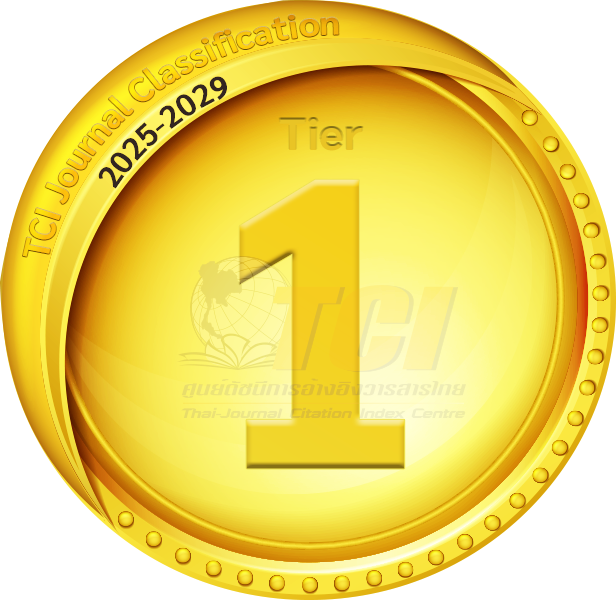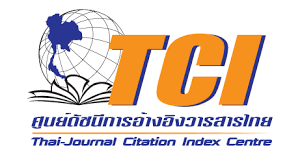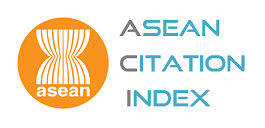A Study of Establishing Crime and Justice Museum
Abstract
Abstract
Approaches to developing the learning processes rely on developing the modern learning resources and preparing the knowledge enabling to transmit it with efficiencies. This includes the medium which the learners can extensively access knowledge. Such approaches will be the development of the intelligence infrastructure that reinforces the quality for the Thai people. A government prototype of significant knowledge focusing on the transmission of justice administration to public is the project of establishing Crime and Justice Museum aiming at collecting the knowledge of the justice administration. Proposals have been emphasized on roles of the Thai monarch institution since the past. This includes the rules of law which is the “sacred principle of laws” to be fairy applied in the justice administration. It also includes the history of the Thai and international criminal justice and the royal initiatives of Her Royal Highness Princess Bajrakitiyabha enabling to initiate the permanent exhibition learning model. All information are raised in focus groups and workshops in order to analyze and synthesize the outcomes of all the processes and to fully further plan the establishment of the Crime and Justice Museum. Findings show that the design of the knowledge presenting the history, the criminal justice administration and the principle of criminology should add the essence of the justice administration that will ease visitors clearly understand its practices, social norms, laws, the evolution of punishment, ethics of the justice personnel in the justice administration.
Keywords: knowledge, crime and justice museum, justice administration, principle of criminology

Indexed in


Search